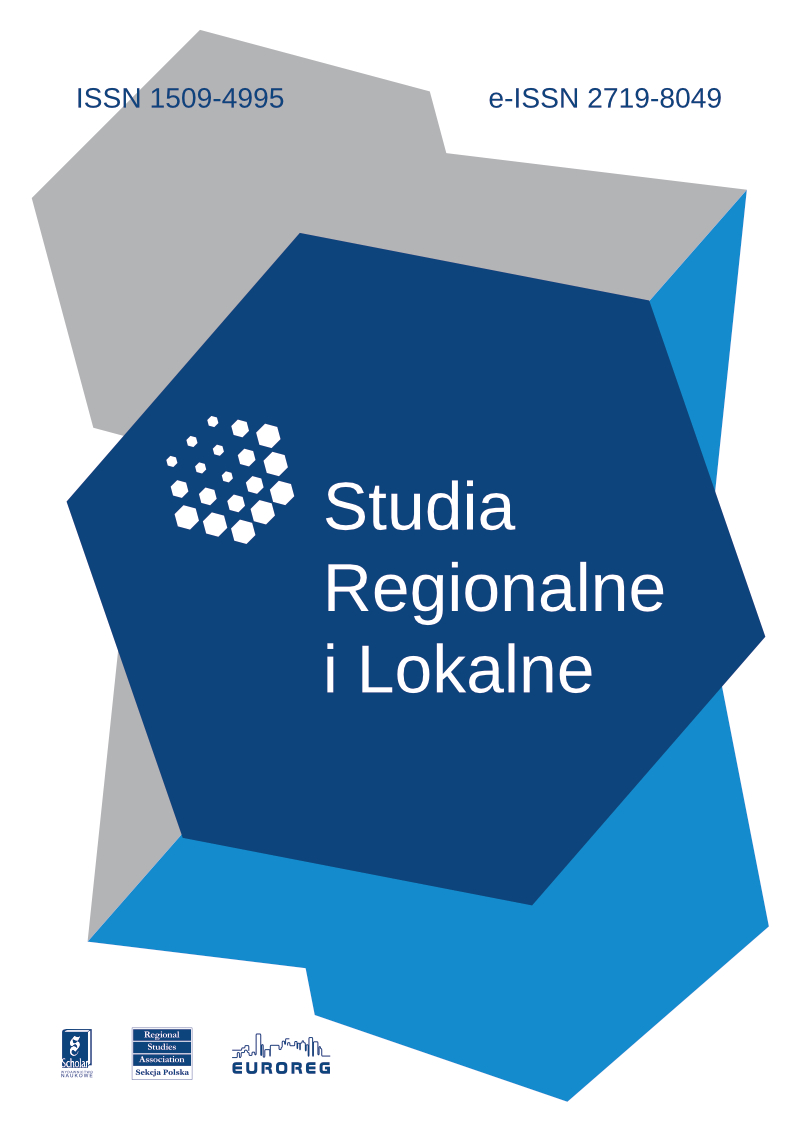Issue:
5(Special Issue)/2009 (no guest editor)
Marek S. Szczepański, Weronika Ślęzak-Tazbir
Smells of the City. Fragmentation and Privatisation of City Space from an Osmosociological Perspective
Smells of the City. Fragmentation and Privatisation of City Space from an Osmosociological Perspective
The article was published in Polish in "Studia Regionalne i Lokalne", 2/2008
From the five senses that men have the sense of sight and touch, though seemingly the most acute, are limited when it comes to examining space and all phenomena that occur in it. Moreover, it is much more difficult to examine space through the sense hearing and it is almost impossible to taste it, even if it is humanized. Another human sense i.e. the sense of smell which enables us to recognize different scents may, due to its transitory and temporary nature, appear to be useless when it comes to examining space. Nonetheless, if we concentrate on all the scents that fill the space, they are frequently a more distinctive and prominent landmark than, for example, a building or a road. Therefore, it seems to be vital that the perspective of sociology of scent be adopted if we want to make a more in-depth analysis and interpretation of space dynamics. The scents that fill a chosen urban and suburban old industrial region are analysed and observed in this study. What are the scents that fill urban space? On the one hand there is the tempting scent of private space, which is filled with artificial perfumes and air fresheners. However, on the other hand there is the unpleasant and offensive odour from neglected backyards and outhouses; the odour coming from a local beer stand and an aromatic bouquet of cognac in a hotel bar; obnoxious odours emitted by mine slag heaps and the scent of the pine forest. We aim to show that a wide range of different smells, ranging from delicate and lovely scents to offensive and foul odours, have a growing influence on fragmentation and privatization of urban space.
Affiliation:
Marek S. Szczepański: Institute of Sociology, Silesian University (ul. Bankowa 11, 40-007 Katowice), Warsaw School of Advanced Psychology;
marek.s.szczepanski@us.edu.pl 


